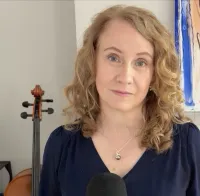
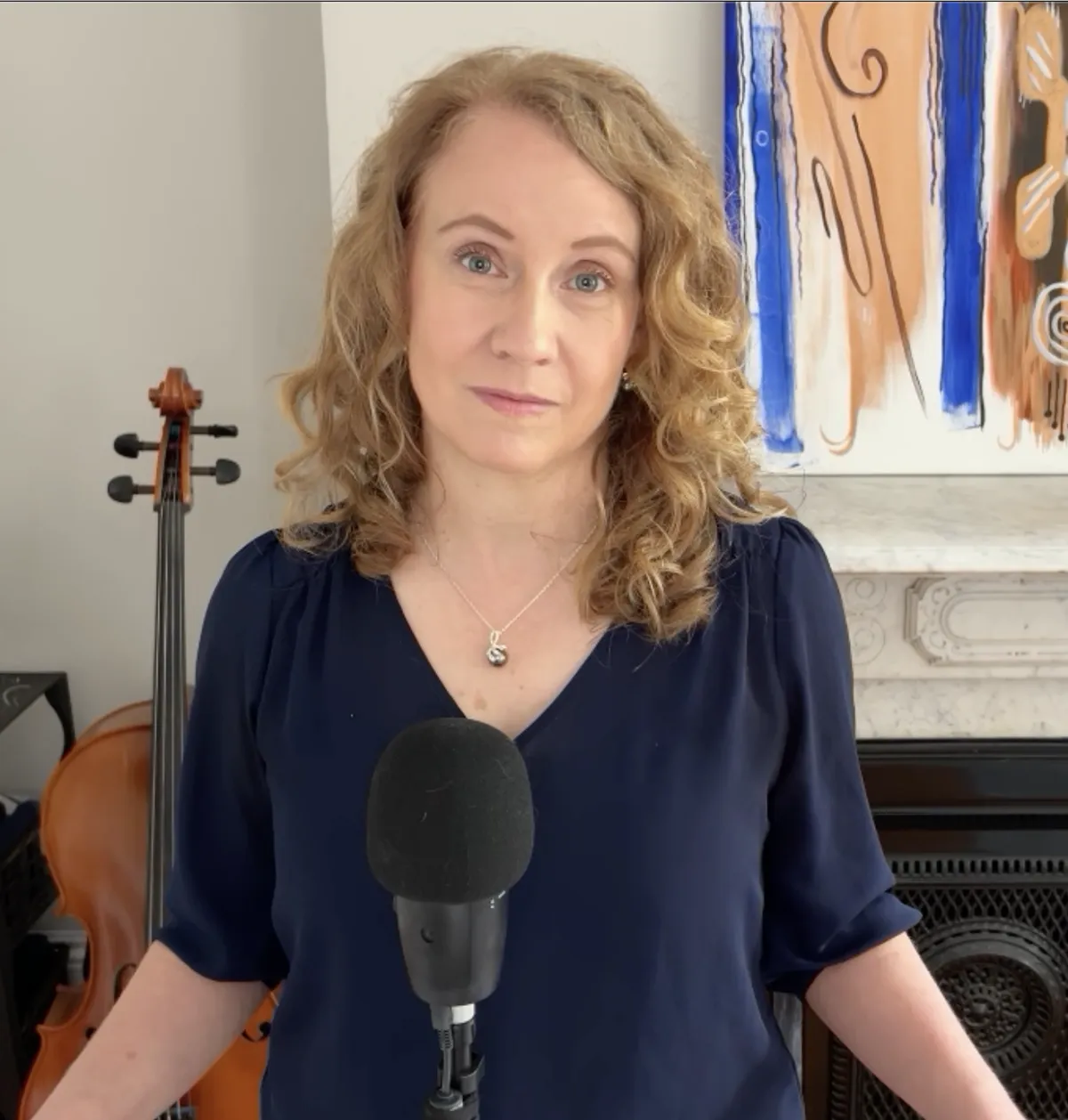
Where YOU get REAL Support and REAL Solutions
Defining Success Together
Autism and marriage aren't easy. We're here because we really get it.
REAL Neurodiverse Marriage
About Anne MacMillan
I built my original Neurodiverse Family Systems Theory on my education, personal life experience, and the professional experience I gained in the private neurodiverse services practice I founded in 2017.
Today, my services extend to support other professionals who have come to the new realization that neurodiversity is at the heart of many of the relationship challenges their adult clients face. Professionals can earn my Neurodiverse Family Systems Educator Credential (NFS-E) then use my practical 10-Step educational system, including quantitative assessments and support resources, to help their clients comprehend their relationship challenges and find the happiness and peace they deserve.
I have a research-based master's in psychology from Harvard University and studied developmental psychology as an undergrad. I received the Director's Thesis Award at Harvard for my original research on Level 1 autism and intimate life partnerships -- some of the first quantitative research on the subject in the world.
Altogether, I have over 50 years of personal life experience with neurodiverse family systems, over 20 years of personal life experience with neurodiverse intimate life partnerships, and 8 years of professional experience working with individuals managing the challenges of neurodiverse family systems.
I self-identify as a high body empathetic neurodivergent who just might also be a bit attention neurodivergent (ADHD). I am not autistic.

Anne MacMillan, MLA
Founder of the 10-Step Neurodiverse Family Systems Approach, Speaker, Researcher, Consultant, Coach, Educator and Expert Witness
Online Course Available Now
Married to Autism? Your Journey to Connection and Ease
An Online Course for Neurotypicals
and Non-Autistic Neurodivergents
Only $34.99 USD
Get the benefits of my education and life experience for less than the cost of one restaurant meal for two!
Neurodiverse relationships can be very confusing. Comprehending YOURSELF and the ways autism affects YOU can make all the difference. Take this first step towards
making life changes that will bring YOU the
Connection and Ease that YOU deserve.
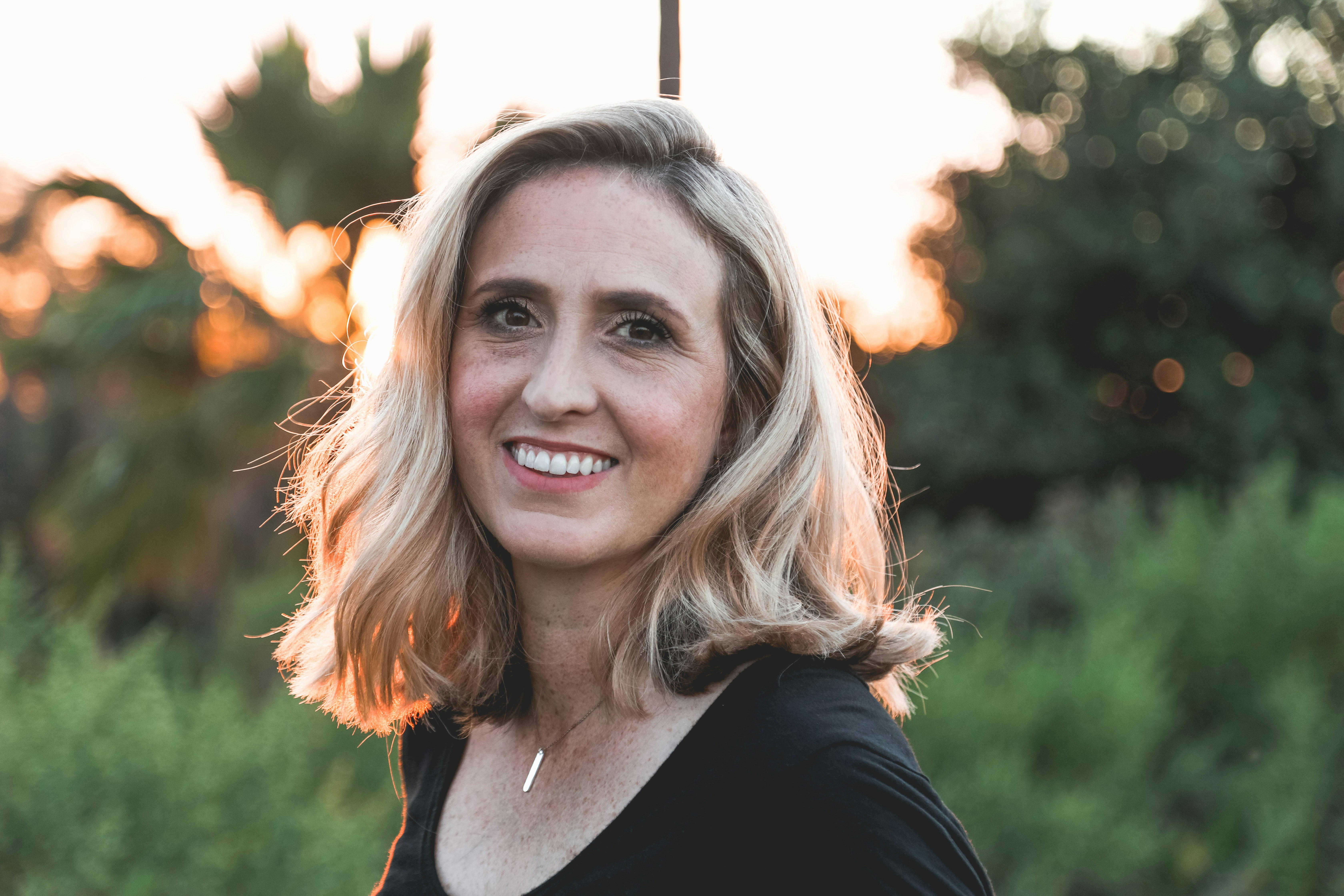
Vicki R.

Found her insights spot on. I gifted this course to 2 others before I even finished it. Refreshing thoughts. Focus is on you, the NT of the relationship with great ways to look at things from both sides. Been married to Autism for 45 years and found this course something I will review on a regular basis to support myself.

Katie G.

This is a MUST for anyone who has a partner with autism. No matter where you are in your relationship, even if your relationship has ended, this is for YOU! Anne’s knowledge, compassion, guidance is unparalleled and unprecedented. Thank you Anne.
My Services
I offer consulting and coaching services to support you in achieving what you want from your life and for your partner, family and children. I work with either the autistic or the neurotypical partner.

Anne MacMillan, MLA
Founder of the R.E.A.L. 10-Step Neurodiverse Family Systems Approach, Speaker, Researcher, Educator, Consultant, Coach and Expert Witness
My Newest Blog Posts
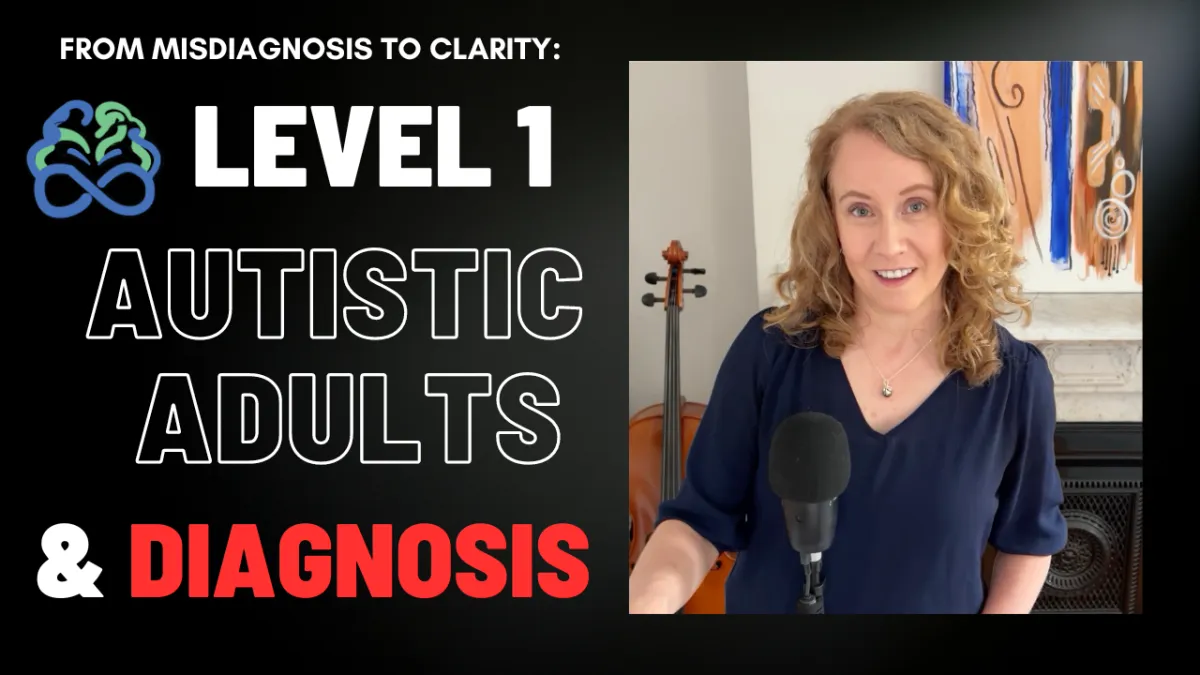
From Misdiagnosis to Clarity: Level 1 Adult Autism in the 21st Century
The landscape of autism diagnosis has shifted dramatically since the 1990s, leading to a significant increase in the identification of autistic individuals, particularly among children. However, this diagnostic wave largely bypassed those born before this period, leaving a generation of autistic adults undiagnosed and struggling to navigate a world that often misunderstood them. Today, many of these individuals, now adults, are beginning to recognize their place on the autism spectrum, prompting a crucial reevaluation of their life experiences and mental health challenges.
The Historical Context of Autism Diagnosis
Before the 1990s, the criteria for diagnosing autism were narrow and often limited to more overt and severe presentations of the condition. As a result, many individuals with milder or less obvious symptoms were overlooked. This began to change in the 1990s when the professional community broadened its understanding of autism, leading to a significant increase in diagnoses, particularly among children. These children, diagnosed in the 1990s, 2000s, and 2010s, have since grown into adults who understand their neurological differences and actively engage in spreading awareness about autism.
The Lost Generation: Adults Who Missed Out on Early Diagnosis
For those born before this diagnostic expansion, the story is quite different. Many of these individuals, who constitute what is often referred to as the "lost generation," have spent their lives without the benefit of understanding their autistic identity. As children, they were frequently misdiagnosed with various mental health conditions, such as bipolar disorder, borderline personality disorder, eating disorders, and even schizophrenia. While some of these diagnoses may have captured aspects of their experience, they often missed the underlying reality of autism.
The Journey to Self-Discovery and Professional Recognition
As awareness of autism has grown, these undiagnosed adults have started to piece together their experiences and recognize the signs of autism in themselves. The internet has played a pivotal role in this process, providing a wealth of information and a platform for autistic adults to share their stories. This has led many to seek professional evaluation, often after a lifetime of receiving treatments and resources that didn’t fully address their needs.
However, the journey to an accurate diagnosis can be challenging. The professional community is still catching up with the nuances of adult autism, particularly in those who have spent decades developing coping mechanisms that mask their symptoms. These individuals often present with a complex clinical picture, sometimes leading to diagnoses of co-occurring conditions like anxiety or depression, which, while accurate, may not tell the whole story.
The Importance of Accurate Diagnosis and Understanding
Accurate diagnosis is more than just a label; it is a key to understanding oneself and accessing appropriate support. For many in the lost generation, a correct autism diagnosis can bring immense relief, providing a framework for understanding their life experiences and the challenges they have faced. It can also lead to more effective treatment strategies, particularly for co-occurring conditions like anxiety or eating disorders that may be intertwined with their autism.
Moreover, recognizing autism in these individuals can help tailor interventions that address the root of their difficulties, potentially alleviating years of unnecessary suffering. For instance, understanding the sensory sensitivities or social communication differences inherent in autism can lead to more personalized and effective therapeutic approaches.
The Need for Continued Awareness and Research
As more of the lost generation comes forward, it is crucial for the professional community to continue expanding its understanding of adult autism. This includes recognizing the diversity of autistic experiences and the ways in which autism can manifest differently across the lifespan. The acknowledgment of subtypes, such as ASD-P (ASD with a propensity for psychosis), highlights the need for ongoing research to refine diagnostic criteria and treatment approaches.
In conclusion, the growing recognition of undiagnosed autistic adults marks a significant moment in the field of neurodiversity. It underscores the importance of accurate diagnosis, not only for the individual's well-being but also for the broader understanding of autism. As the professional community continues to evolve, it is essential to ensure that all autistic individuals, regardless of when they were born, have access to the support and resources they need to thrive.
Support for Professionals and Clients:
Neurodiverse Credentialing and Practice Support for Psychologists, Therapists, Social Workers, Clergy, and Domestic Violence workers is available here.
Autistic and non-autistic members of neurodiverse family systems can reach out for support here.
Resources for Further Exploration:
Read Anne MacMillan's 2026 book entitled Neurodiverse Family Systems: Theory and Practice, available for pre-order.
View Anne MacMillan's 2019 YouTube video entitled "Autistic Adults who aren't Diagnosed."
Read the pdf of a 2015 review article entitled "How and Why is Autism Spectrum Disorder Misdiagnosed in Adult Patients? From Diagnostic Problem to Management for Adjustment" by K. Takara, T. Kondo, and T. Kuba originally published in Mental Health and Family Medicine, 11:73-88, doi:10.25149/1756-8358.1102011
Read the 2017 ASD-P (ASD with a vulnerability for psychosis) research by Felicity V. Larsen et al. "Psychosis in Autism: Comparison of the Features of Both Conditions in a Dually Affected Cohort" as published by the British Journal of Psychiatry, 210(4):269-275, doi:10.1192/bjp.bp.116.187682. Other authors: Adam P. Wagner, Peter B. Jones, Digby Tantam, Meng-Chuan Lai, Simon Baron-Cohen, and Anthony J. Holland.
My Research
Some of the world's first quantitative research on autism and marriage
I was working on a master's in psychology at Harvard University when I realized my husband of almost 20 years was autistic. I was shocked by how little was known about an issue that affected my own life so dramatically. So, I shifted my research interests to autism and marriage and was ultimately given the Director's Thesis Award for my work.
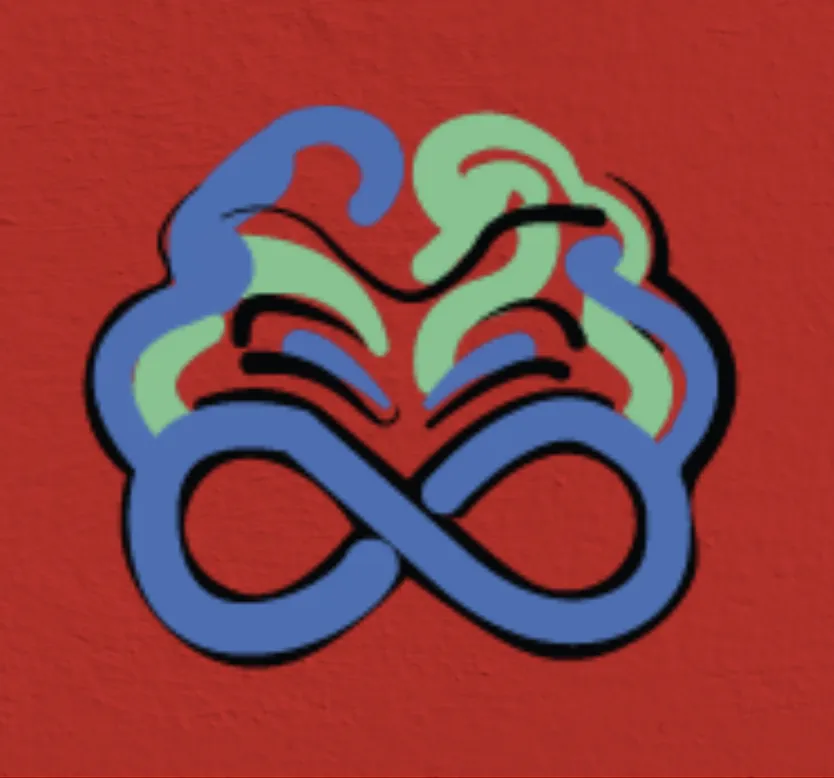
My White Papers and Pamphlets
© 2024 R.E.A.L. Neurodiverse
All Rights Reserved
anne@REALneurodiverse.com
Text or Call: (617) 996-7239 (United States)
